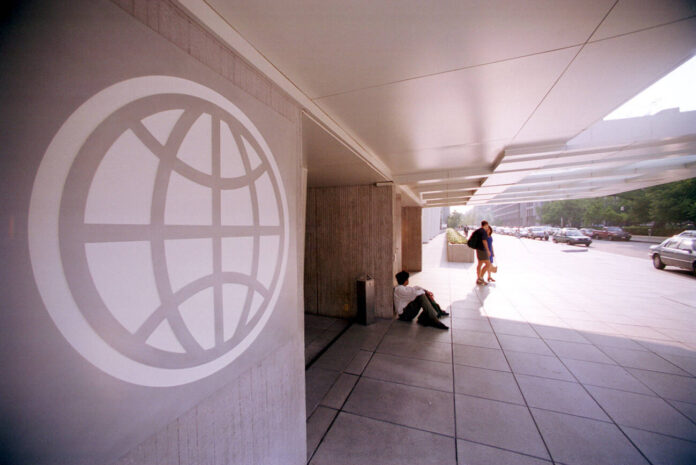The Independent Evaluation Group (IEG) of the World Bank has rated the Federally Administered Tribal Areas (FATA) Temporary Displaced Persons (TDPs) Emergency Recovery Project, valued at $212.379 million, as satisfactory and highly relevant, noting that the project exceeded most of its output targets.
The IEG’s Implementation Completion Report (ICR) Review highlighted that the project was initially financed with a $75 million credit, later supplemented with additional funds of $114 million, $15 million, and $12 million. The latter two came through Bank-administered Multi-Donor Trust Funds, bringing total planned financing to $216 million. Actual disbursement amounted to $210.1 million, with the variance attributed to exchange rate fluctuations.
The project originally aimed to support early recovery for militancy-affected families, promote child health, and strengthen emergency response and social safety net delivery systems in FATA. Over time, the Project Development Objective (PDO) was revised twice to expand service scope and geographical coverage, ultimately focusing on citizen-centered service delivery in selected districts of Khyber Pakhtunkhwa (KP).
According to the IEG, the project effectively provided unconditional and conditional cash transfers to a large number of households and fully vaccinated a substantial number of children, especially girls. It also broadened service delivery in both type and coverage area. However, the report noted limitations in assessing whether the project effectively incentivized TDP returns due to insufficient data, and whether the cash grants adequately cushioned households against inflation over time.
The project’s design was found to be well aligned with Pakistan’s development priorities, including the National Social Protection Strategy and the FATA Sustainable Return and Rehabilitation Strategy, which emphasized the importance of social protection and emergency cash transfers.
Initially, 306,471 families were deemed eligible for the Livelihood Support Grant (LSG), with an additional 144,591 families added after grievance redress processes, representing 32% of the final caseload.
The World Bank’s assessment concludes that despite minor design and implementation shortcomings, the project demonstrated substantial efficacy and efficiency, making it a significant intervention in Pakistan’s post-conflict recovery framework.




